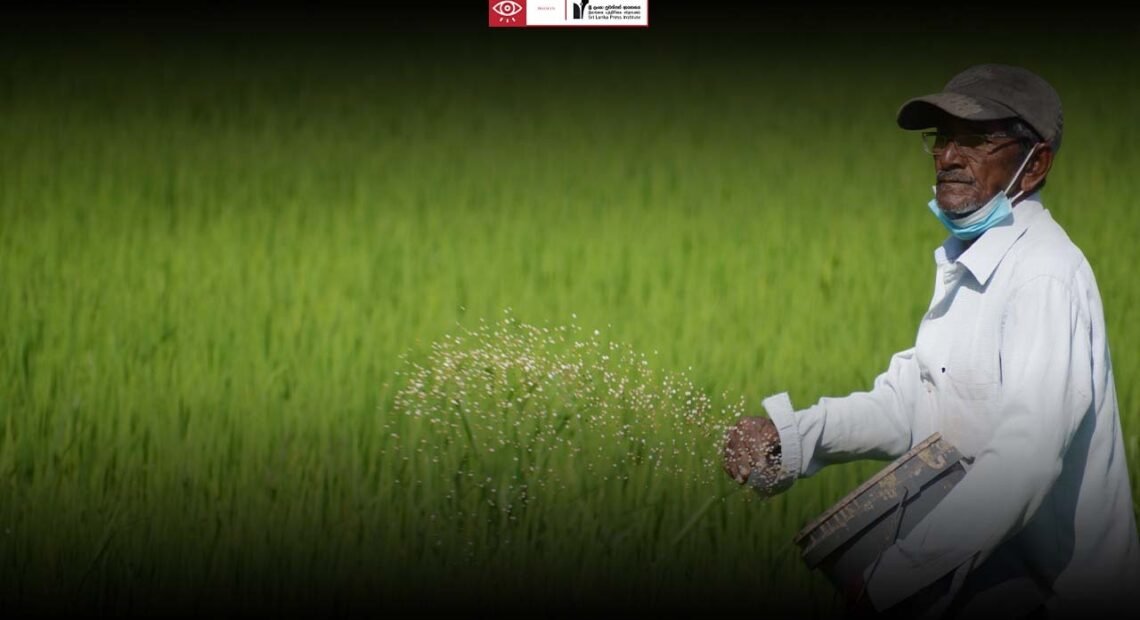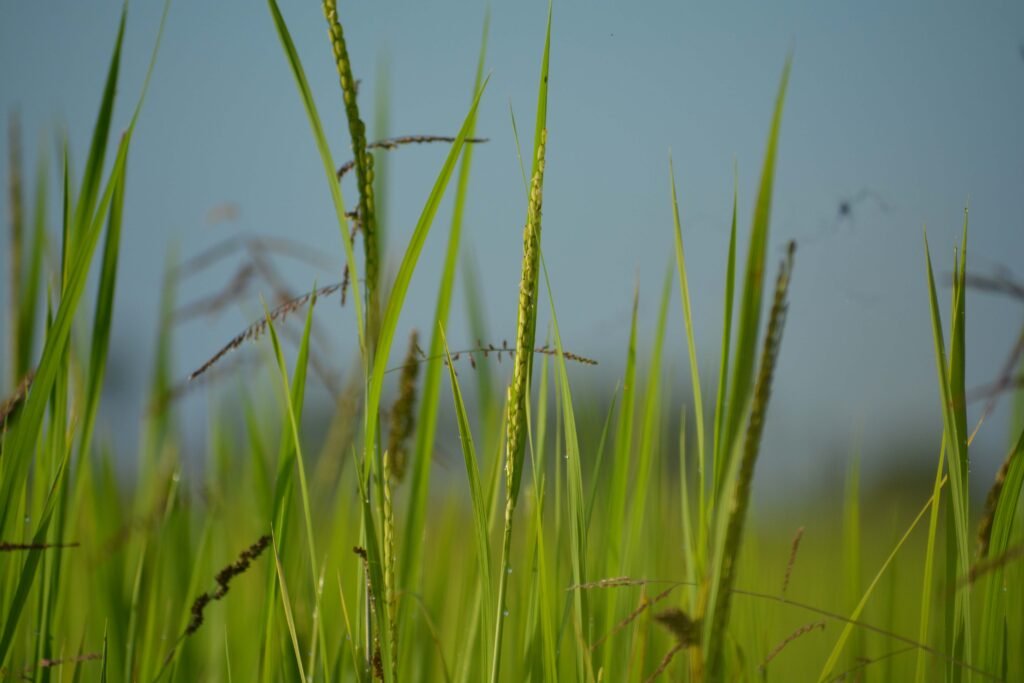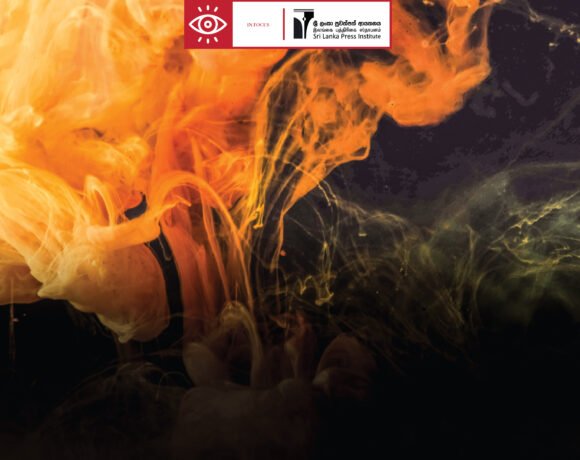
Organic Farming: Is it a bad omen? Few lessons learned through experience
U. L. Mabruk
Yala crop season has started, but farmers are frustrated due to the lack of chemical fertilizer needed at this stage. Farmers in the Ampara district are suffering due to the high prices they have to pay when buying fertilizer. You can see them wasting time searching for fertilizer as the amount of fertilizer given by the government at a subsidized price is not enough. What is the reason for this situation?
On 27th April, the cabinet decided to ban importing chemical fertilizers and other agrochemicals to promote organic farming. They stated that Sri Lanka should transform from chemical farming to organic farming within the upcoming ‘Maha’ crop season. Minister of Agriculture Mahindananda Aluthgamage stated that they have ample stocks of chemical fertilizer for the already cultivated crops. But farmers say that is not the case.
“Chemical fertilizer ban has created a massive crisis. Paddy farmers have become very helpless due to this, and they have lined up in front of the Department of Agriculture asking for fertilizer. In addition to that, potato and other crop farmers, as well as plantations, have also fallen victims to this arbitrary decision taken by the government,” said the Leader of the Opposition.
M. I. Ilmudeen, a paddy farmer in the Ampara district, says that the government policy of forcing farmers without providing adequate knowledge on organic farming is unacceptable. He says even though they carry on organic farming, the harvest will be less, and he is worried that he will lose the income from his profession.
Meanwhile, S. A. Ramiz, a paddy farmer, says that it is challenging to control paddy diseases even using chemical pesticides nowadays. He said that a person who farmed using organic methods failed to control pests in his paddy field using organic pesticides.
In such a problematic situation, Leader of the Opposition Sajith Premadasa has warned that banning chemical fertilizer in a hurry without a proper methodology might create a food shortage in the country.
Experience in organic farming
In such a situation, few farmers in the Ampara district voluntarily engage in organic farming. F. R. Arfan from Attalaichenai is one of them. He is a field manager of a private medical institute. He has been engaging in organic farming on his two-acre land for the last few years due to his passion for organic farming.
Farshan engages in organic farming in hope of conservation of traditional paddy varieties and his passion for organic farming. He shared his experience with us.

“I started cultivating traditional paddy varieties with the same backward mentality that farming can’t be done without chemical fertilizers or pesticides. Now the government has also focused on organic farming. We should welcome this,” says Farshan. He also said that the government has not yet adequately explained the scientific reasons why we should convert to organic farming. Farshan says he makes fertilizer and pesticides needed for his paddy field in his own house. “We don’t even use organic pesticides. We only use insect repellants.” Says Farshan.
He also says that organic farming is a good thing for both environment and humans. At the same time, he described the economic decline of harvest as follows. “Normally, about 40 sacks of paddy per acre can be harvested using chemical fertilizer and pesticides, but only about 25 sacks of paddy per acre can be obtained through organic farming. However, the harvest from organic farming can be increased with time. At the same time, traditional paddy varieties and organic rice obtained through organic farming are more expensive in the market,” says Farshan. “Through organic farming, we can also conserve our traditional seed varieties, and we do not have to beg from other parties every time to obtain seeds.” Says Farshan.
“It is mentioned that there are close to 3,000 local varieties of paddy in Sri Lanka. But with the arrival of hybrid varieties and chemical fertilizers and pesticides, many traditional varieties of paddy have been extinct. There are only about eight or nine varieties of paddy indigenous to Sri Lanka are remaining. We have to conserve the remaining varieties of paddy at least,” said Farshan.
Farshan cultivates ‘Pattapolalla’; a traditional variety of paddy. He says, “Glucose percentage in this rice variety is less than 49%. But at present, there’s about 80% to 85% of glucose in genetically mutated white rice and about 70% to 75% of glucose in genetically mutated brown rice.” Therefore he says ‘Pattapolalla’ is very suitable for Diabetic patients.
Thus, even though Farshan explained about organic farming and the benefits of organic farming, it raises whether these can be imposed immediately on large-scale cultivation.

When you consider the Ampara district, close to 88,000 hectares of land will be cultivated in the upcoming ‘Maha’ season. Also, 17,000 hectares will be used for up-country crops, and another 1,500 hectares will be used for vegetable farming. So the total land area cultivated will be 106,500 hectares. According to the Ampara district Director of Agriculture, this would require 532,500 metric tons of organic fertilizer.
In such a situation, it raises the question of whether this amount can be obtained locally.
The government has provided few solutions for different kinds of problems like this. They will be imposed through the District Department of Agriculture. In the initial stage, awareness programmes must be held on organic farming at the local level. Collecting organic fertilizer production data and raw material requirements must also be assessed. But apparently, none of them have been started in the present context.

Assurance of the President
In this context, if there is a decline in harvest and income due to the use of organic fertilizer, the President has assured that the government is ready to buy their harvest at a higher price than the guaranteed price while providing rice to the customers at the current price. He has assured that the government will incur the cost for that. It seems a directive for compensation of losses sustained by the farmers by shifting to organic farming.
The President also stated that the government is ready to provide necessary facilities if the companies importing chemical fertilizer started producing organic fertilizer.
Accordingly, the government has decided to import organic fertilizer for 500,000 hectares for the paddy cultivation in the ‘Maha’ season for the 2021/2022 years. According to the call for international tenders, it will be imported through state-owned fertilizer companies and will be distributed through Agrarian Services Department. Cabinet approval has also been granted to import organic fertilizer needed for other crop cultivation in 600,000 hectares of agricultural lands.
Therefore, there is a need to focus on organic farming within a month or two.
Organic farming is the first choice of the people who are expecting a healthy lifestyle. There is no argument against it. However, the critics say that the government is forcing farmers to convert into organic farming without prior preparation.
சேதன விவசாயம்: அச்சம் தரும் அறிவிப்பா?அனுபவத்தில் இருந்து சில பாடங்கள்!
කාබනික ගොවිතැන: භයානක පෙරනිමිත්තක්ද ? අත්දැකීම් මඟින් උගත් පාඩම් කිහිපයක් !








